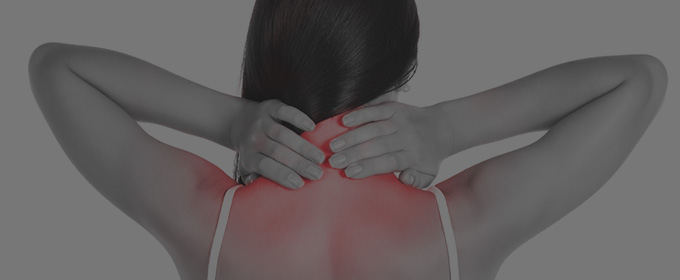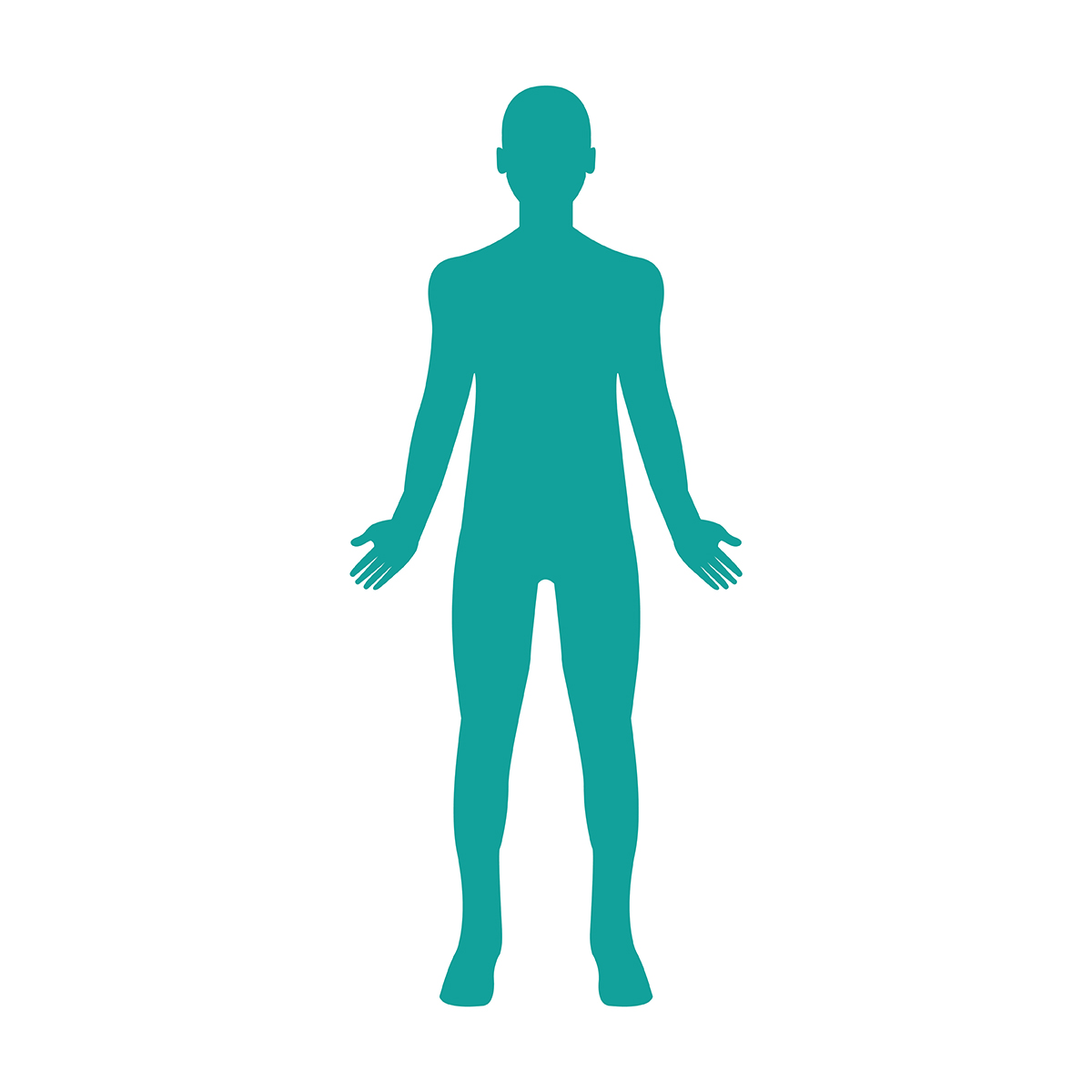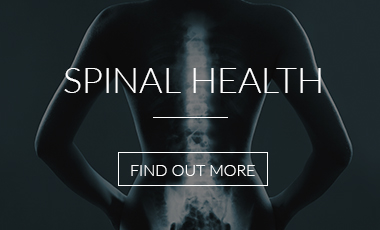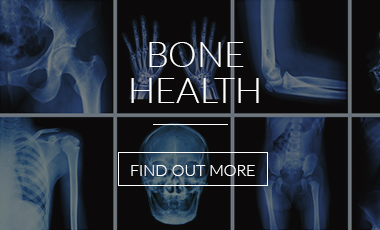The head is supported by the neck, which is made up of seven bones (vertebrae) stacked one on top of the other. The vertebrae are cushioned by discs of cartilage and bound together with ligaments. Muscles provide movement and additional support.
The neck is very mobile, which means it is less stable than other areas of the body and more susceptible to injury. Trauma, poor posture and degenerative diseases, such as arthritis, are the most common causes of neck pain.
Whiplash injury to the neck
A passenger in a motor vehicle in a rear end collision may suffer a whiplash injury to the neck, where the impact forces the person’s head back and then forward at great speed. This can overstretch the neck and upper back region, resulting in a strain or tear to the supporting ligaments, muscles and discs, and even irritating the nerves. The common symptoms of a whiplash injury are pain, stiffness and headache. Recovery depends on the individual and extent of the injury, but can take at least three weeks.
Treatment options may include:
- Pain-killing medication
- Anti-inflammatory drugs or muscle relaxants
- Icepacks for three days
- Gentle mobilisation exercises
- Gentle soft tissue mobilisation (massage) from a physiotherapist
- If pain persists, an X-ray examination may be required
Posture problems and neck pain
Poor posture can cause neck pain by putting extra strain on ligaments and muscles. Standing with the shoulders slouched and chin jutted forward, working with your head down for long periods of time, slumping while seated and sleeping face-down are common postural problems that affect the neck.
Suggestions on how to prevent posture related neck pain include:
- Correct your posture when standing or sitting, lift your chest, drop your chin slightly and relax your shoulders
- Ensure your workstation is set up to help you sit properly
- Stretch and change position frequently while you are working
- Try not to sleep on your stomach, which overextends your neck
- Choose a urethane or down pillow for neck support while you sleep
- Combat the muscle tightening effects of stress with relaxation techniques
- Exercise regularly to improve muscle tone and posture









